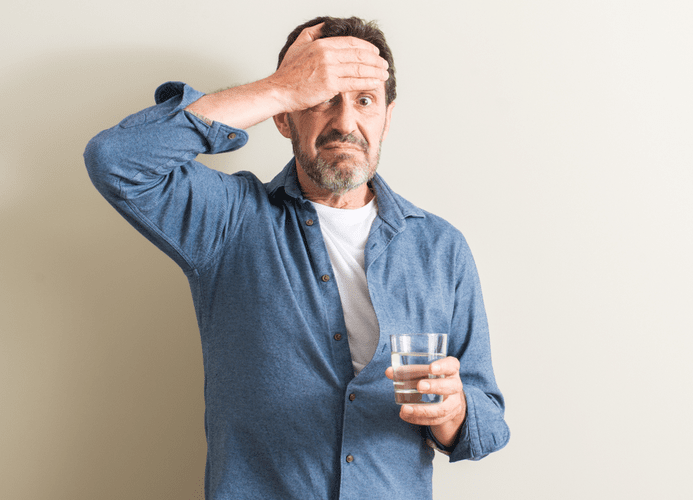Spur cells are distorted RBC’s that are characterized by spikelike protrusions of their cell membrane (figure 2). These spurs are caused by the incorporation of excess amounts of cholesterol into the cell membrane, resulting in an increase of the cell’s surface area without a corresponding increase in cell volume. Modestly elevated membrane cholesterol levels result in a flattened RBC shape, whereas larger increments of cholesterol cause the membrane to be thrown up into spikes. So, if you find yourself constantly waking up after a night of drinking plagued with both a hangover and a fresh set of new bruises, perhaps you should take it as your cue to ease up on the vodka sodas — just a little bit. Because there is more blood at the surface of your skin when you drink, when those blood vessels break, it makes it that much easier to create the beautiful visual effect of a good ol’ black-and-blue. No matter how careful you are, you’ll probably still get them from time to time.

Severe head injuries may even be fatal because they affect the brain’s ability to control essential functions, such as breathing and blood pressure. According to Casey, if you already have broken capillaries, Easy bruising: Why does it happen? cutting back on drinking may allow them to become less noticeable as they are less dilated. Unfortunately, the only way to truly remove them from the skin is with expensive laser procedures.
Should I worry about bruising?
Furthermore, providing your body with essential nutrients can help to support optimal health. Keeping yourself hydrated is critical to avoid and stop bruising from alcohol. Alcohol intake may cause dehydration, which can compromise your skin’s health and make it more sensitive to bruising and other possible injuries. https://trading-market.org/alcoholic-ketoacidosis-information-new-york/ Staying hydrated when drinking alcohol might help you avoid unpleasant side effects like bruising. It is a good idea to restrict your alcohol use to live and maintain a healthy lifestyle. Consuming alcohol in moderation is the key to preventing bruises after drinking and having detrimental effects on your health.

Instead, it is converted into a storage form called ferritin, which can accumulate in RBC precursors, often forming granules that encircle the cell’s nucleus. These ferritin-containing cells, which are called ringed sideroblasts, cannot mature further into functional RBC’s. As a result, the number of RBC’s in the blood declines and patients develop anemia.
Physical complications of alcohol use disorder
Hemolysis can be an underlying cause of anemia, and several types of hemolytic anemia may be caused by chronic heavy alcohol consumption. Two of these disorders are characterized by the presence of malformed RBC’s—stomatocytes and spur cells—whereas one alcohol-related hemolytic anemia is caused by reduced phosphate levels in the blood (i.e., hypophosphatemia). Diagnosing hemolysis in alcoholic patients is not easy, because these patients frequently exhibit confounding conditions, such as alcohol withdrawal, abnormal folic acid levels, bleeding, or an enlarged spleen.
When someone develops an alcohol use disorder, they will show signs or symptoms that are characteristic of this condition. If AUD is not treated, it can increase your risk for serious health problems. After completing treatment for AUD, it’s possible to have a risk of relapse.
Low Vitamin C
The New Year is finally here, with many participating in Dry January as a way to start 2024 off on a healthier note. It’s no secret that, as a toxin, alcohol has many negative effects on the body — and yet, this evidence still may not be enough to dissuade some of us from indulging in one too many. For more information about alcohol’s effects on the body, please visit the Interactive Body feature on NIAAA’s College Drinking Prevention website.
